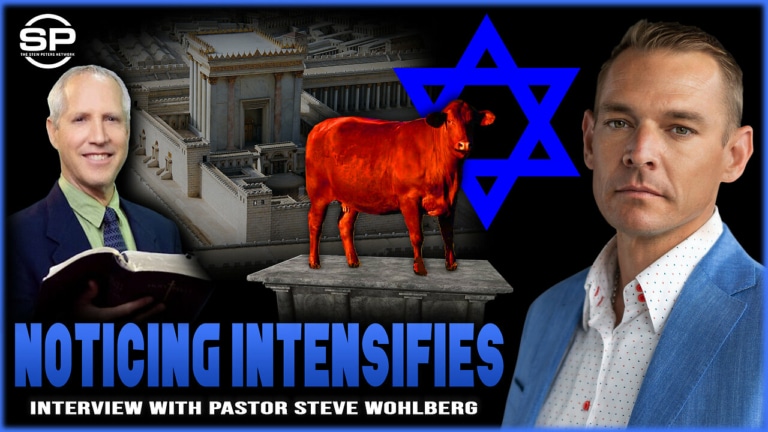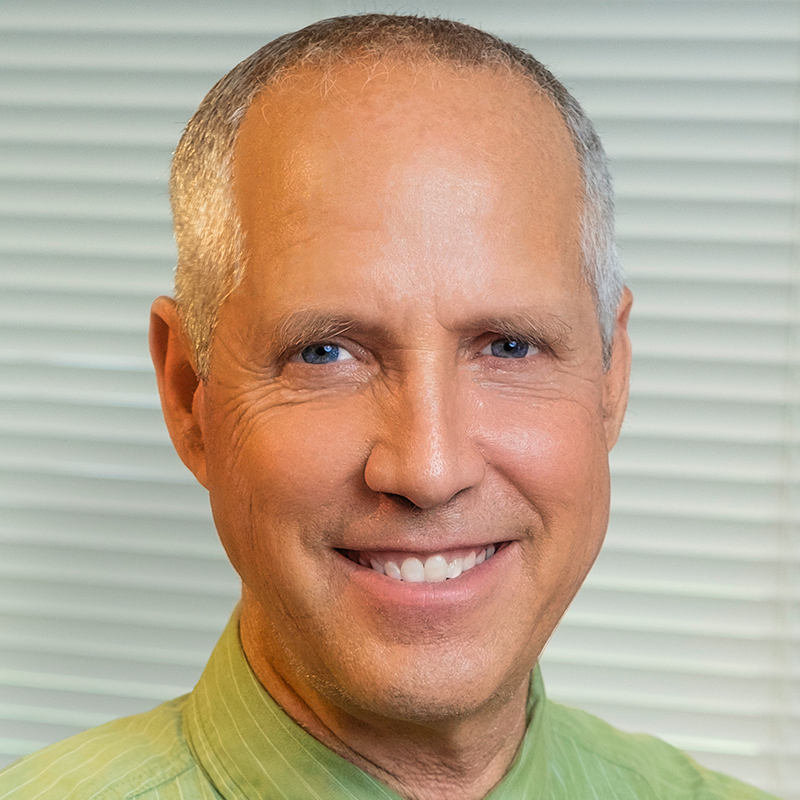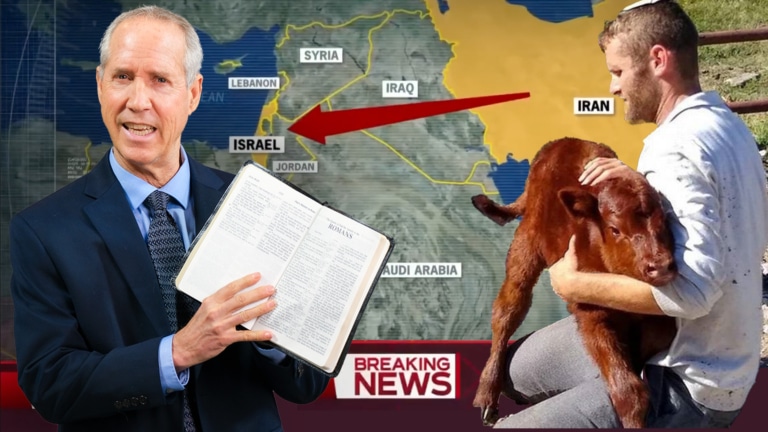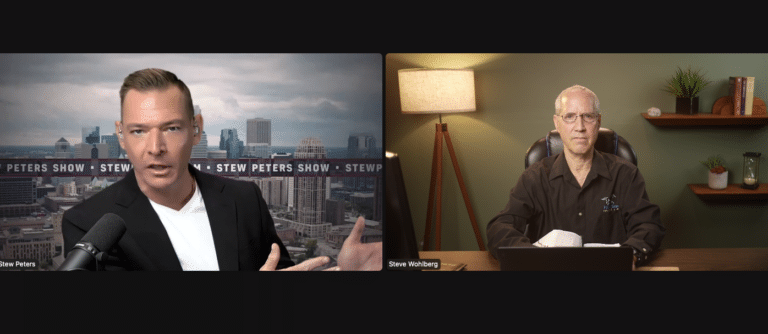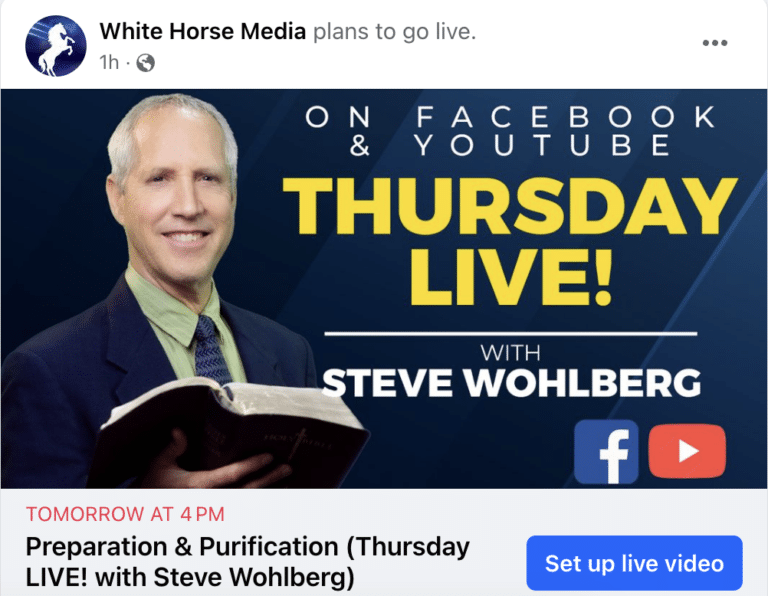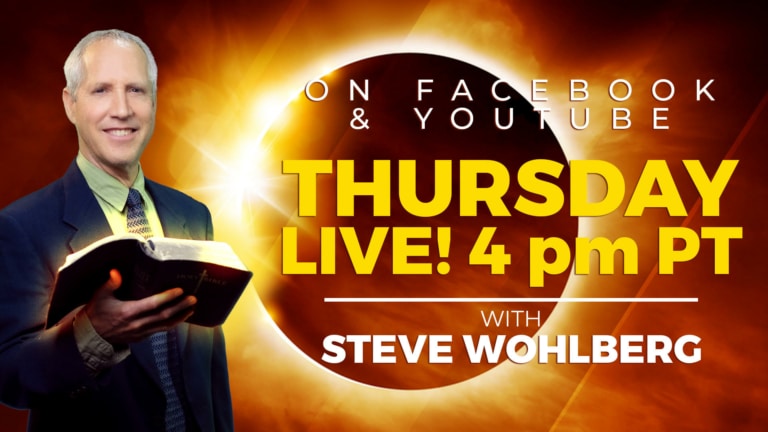Gentiles keep the Sabbath in Antioch: In Antioch, Paul “went into the synagogue on the Sabbath day.” Acts 13:14. Jews and Gentile converts to Judaism worshipped there (verses 16 and 26). After preaching the gospel, “the Gentiles besought that these words might be preached to them the next Sabbath.” Verse 42. These Gentiles were already Sabbath-keepers (because they were converts to Judaism), and after they received Jesus Christ they wanted to hear more “the next Sabbath.” Paul didn’t say, “Sunday is now the Lord’s Day!” Instead, “speaking to them, [he] persuaded them to continue in the grace of God.” Verse 43. These Sabbath-keeping Gentiles were now “in the grace of God” as believers in Jesus Christ. Paul told them to “continue” in this grace, which they did all week. Then “the next Sabbath day came almost the whole city together to hear the word of God.” Verse 44. That Sabbath day, Paul preached only “the word of God,” not man’s traditions. Obviously, the Sabbath had not been changed, and those Gentiles in Antioch – who were now believers in Jesus Christ – were keeping it.
The Sabbath and the Jerusalem Council (Acts 15): A Jerusalem council led by the apostles was organized to discuss “this question … this matter” of “circumcision” and “the law of Moses.” Acts 15:1, 2, 5. The Sabbath itself was not debated or even discussed. The Church decided that the Gentiles were “saved … through the grace of the Lord Jesus Christ” (verse 11) and thus they did not need to be circumcised. Yet to avoid offending the Jews, they were given certain restrictions. Verses 19, 20. At this early date in Church history, believing Gentiles were still worshiping with the Jews in their synagogues “every Sabbath day.” Verse 21. Thus, verse 21 proves that the “Sabbath day” was not abrogated by the Jerusalem Council. Rather, it was reiterated without dissent as the biblical day of worship for both Jews and Gentiles.
A Sabbath-keeping church begins in Philippi: Luke and Paul delivered “the decrees” of the Jerusalem Council and entered Greece to “preach the gospel.” Acts 16:4, 9, 10. In Philippi, Luke wrote that “on the Sabbath we went out of the city by a river side.” Acts 16:13. There was no synagogue there, but it was still the Sabbath. A Gentile named Lydia, “whose heart the Lord opened … was baptized, and her household” (16:14, 15). This was the beginning of the New Testament Sabbath-keeping church of Jesus Christ in Philippi. “The Epistle of Paul to the Philippians” was written to this church.
A Sabbath-keeping church begins in Thessalonica: Paul entered a synagogue in Thessalonica and for “three Sabbath days reasoned with them out of the scriptures, opening and alleging, that Christ must needs have suffered, and risen again from the dead.” Acts 17:1-3. Thus Paul preached the resurrection of Jesus Christ on the Sabbath day. He did not mention Sunday. Many “devout Greeks” believed. Verse 4. This was the beginning of the New Testament Sabbath-keeping church of Jesus in Thessalonica. “The First Epistle of Paul to the Thessalonians,” and “The Second Epistle of Paul to the Thessalonians,” were penned to this church.
A Sabbath-keeping church begins in Corinth: Then Paul “came to Corinth” and “reasoned in the synagogue every Sabbath, and persuaded the Jews and the Greeks.” Acts 18:1, 4. “He continued a year and six months, teaching the word of God among them.” Verse 11. Again, Paul didn’t preach the traditions of men, but only “the word of God.” “Many of the Corinthians hearing believed, and were baptized,” including “Crispus, the chief ruler of the synagogue” (vs. 8). Crispus was a Sabbath-keeper who became a leader (see 1 Corinthians 1:14) in the New Testament Sabbath-keeping church of Jesus Christ in Corinth. “The First Epistle of Paul to the Corinthians” and “The Second Epistle of Paul to the Corinthians” were written to this church.
A Sabbath-keeping church begins in Ephesus: Paul “came to Ephesus” and found “certain disciples.” Acts 19:1. As usual, “he went into the synagogue, and spoke boldly for the space of three months, disputing and persuading the things concerning the kingdom of God.” Verse 8. This was obviously on the Sabbath days, as in Antioch, Corinth and Thessalonica. Many rejected his preaching, so Paul finally “separated the disciples.” Verse 9. He continued there “by the space of two years; so that all they which dwelt in Asia heard the word of the Lord Jesus, both Jews and Greeks.” Verse 10. Those who received the Lord became the nucleus of the New Testament Sabbath-keeping church of Jesus Christ in Ephesus. “The Epistle of Paul to the Ephesians” was written to this church.
Paul was NEVER accused of Sabbath-breaking by Jews: Eventually, Paul was arrested in the Temple in Jerusalem. Acts 21. At his trial before the Sanhedrin, even the Pharisees admitted, “we find no evil in this man.” Acts 23:9. Before Felix, Paul testified, “so worship I the God of my fathers, believing all things which are written in the law and in the prophets.” Acts 24:14. Before Festus he declared, “to the Jews have I done no wrong.” Acts 25:10. Before Agrippa, “I continue to this day … saying none other things than those which the prophets and Moses did say should come.” Acts 26:22. “The prophets and Moses” did not predict that “Sunday-keeping should come.” Finally, Paul spoke to the Jews in Rome, “persuading them concerning Jesus, both out of the law of Moses, and out of the prophets, from morning till evening.” Acts 28:23. During all of his trials, the Jews never once accused Paul of breaking the Sabbath. Why not? Because he never did!
The New Testament churches in Philippi, Thessalonica, Corinth
and Ephesus were all Sabbath-keeping churches composed of Jews
and Gentiles who believed in the death, burial, and resurrection of Jesus Christ. Paul planted all of these churches by preaching only
“the word of the Lord Jesus.” Acts 19:10.
Jesus Christ never mentioned Sunday.
For more information, read Truth Left Behind by Steve Wohlberg, Sunday: The Origin of Its Observance in the Christian Church, by E.J. Wagonner, or watch the fascinating 5-part TV documentary, The Seventh-day: Revelations from the Lost Pages of History, produced by LLT Productions. All three are now available from White Horse Media. www.whitehorsemedia.com. 1-800-78-BIBLE.
